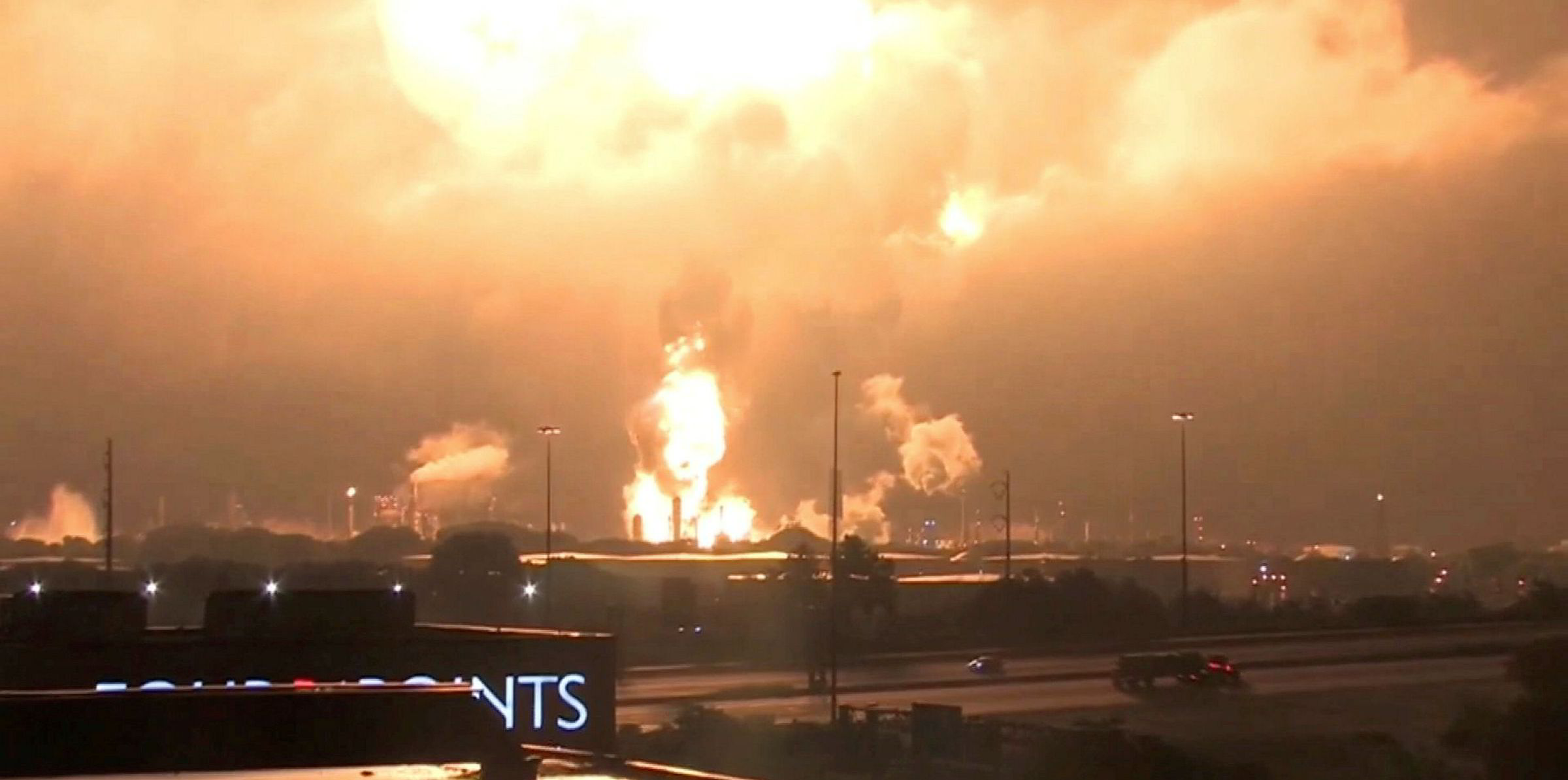IMO 2020 will provide the cherry on the cake for product tanker owners as the market heads into a multi-year up-cycle, according to analysts at Jefferies.
The lowest orderbook in the sector since the turn of the century at a time of rising demand and disruption from the new sulphur laws will lead to higher earnings, Randy Giveans wrote in the bank’s shipping quarterly.
It comes after a second quarter when rates across the major product tanker asset classes fell 4% below the peak seen in the fourth quarter of 2018.
“We believe that downward pressure on rates will begin to stabilize shortly as US and European refiners resume regular operations after concluding maintenance ahead of increased runs leading into 2H19 related to IMO 2020,” Giveans wrote.
According to Jefferies' forecasts, LR2s will earn $20,250 per day this year, rising to $24,000 per day in 2020.
LR1s will follow a similar path, with an improved $16,500 per day projected this year and $19,000 per day next.
MR rates will climb to $14,500 per day in 2019 and $17,000 per day in 2020, according to numbers presented in the report.
“Looking ahead, we believe the refined products tanker market is likely to experience a multi-year recovery leading into 2020 due to increasing global oil demand, significant refinery capacity additions being completed in the Middle East and China, new ton-mile demand from low sulphur fuels being transported to market for IMO 2020, and modest fleet growth,” Giveans said.
He said a fire at a refinery in Philadelphia pushed rates up by over 40% on the Europe to USAC route, while refinery expansion is expected to boost ton miles this year.
At the same time the sector’s orderbook at 8% of the fleet is the lowest since 2000 and 20% of the fleet is 15 years of age or older, which is expected to drive scrapping.
The impact of IMO 2020 and rising demand for marine gas oil come will further dislocate an already diverse products tanker market, Giveans argues, suggesting the new legislation will begin to manifest in the freight market as early as September.
He concluded: “Though IMO 2020 will certainly be a positive for the refined tanker space, the underlying supply and demand fundamentals are compelling on their own, with IMO 2020 just being the cherry on top.”






